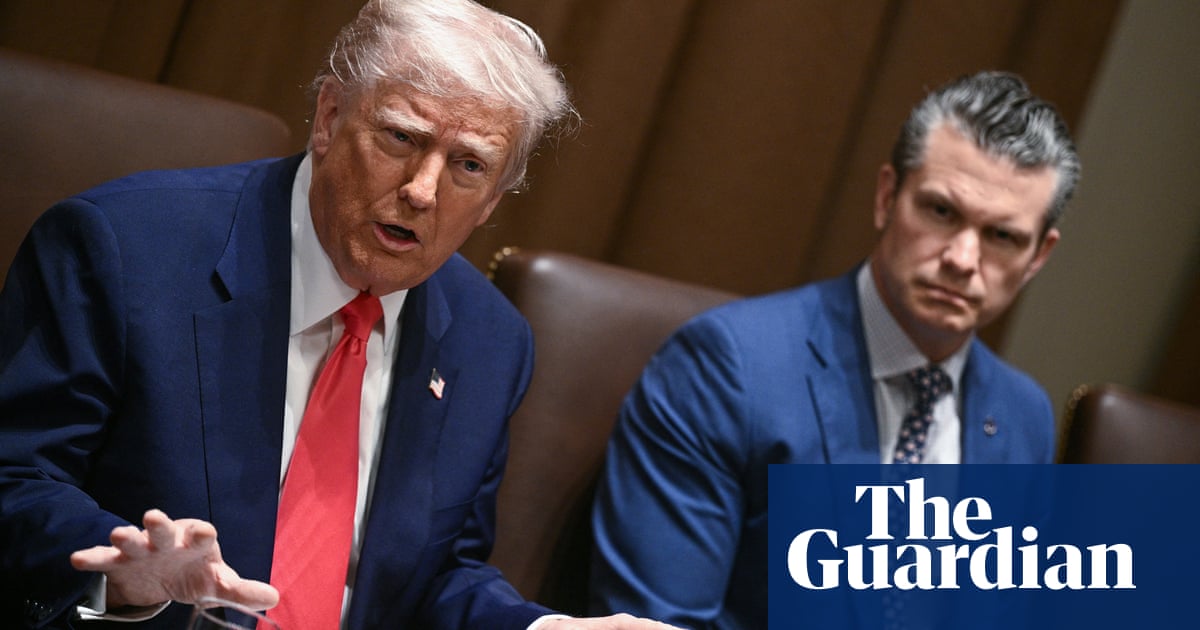When the latest labour market figures were being gathered in the run-up to Christmas by the Office for National Statistics (ONS), employers were only just beginning to digest a budget that will load about £25bn on to their wage bills.
The data from December showed pay increased in line with expectations, at 5.6%, but the unemployment rate was higher than City economists forecast, at 4.4%, and the number of vacancies fell for the 30th consecutive month.
A trend over the previous year for employers to reduce staff and hiring was continuing its steady course. The question was for how much longer as the prospect of the tax rise neared.
In April, employer national insurance contributions rise to 15%, the threshold drops – catching many part-time workers in the tax net for the first time – and the minimum wage rises by 6.7%. Businesses were likely still assessing what the impact will be when the ONS gathered its figures.
Executives will have been considering whether to cut jobs, freeze recruitment, reduce their training budget, limit pay increases or to pass the cost on to consumers in higher prices.
Reeves will fly to the World Economic Forum in the Swiss ski resort of Davos for meetings on Wednesday and Thursday to talk up the UK as a destination for foreign investment. Her officials are hoping businesses carry out none of the above.
Treasury staff hope shareholders will step in and carry the burden in lower dividends. Investors could make this gesture on the promise of higher economic growth, and with it improved sales, over the longer term.
The British Chambers of Commerce (BCC) is sceptical. It said the labour market figures, and its own surveys, showed “the warning lights on recruitment, employment and training are already flashing”.
It added: “Our latest survey paints a worrying picture of weak workforce growth, persistent hiring difficulties and cuts in workplace training. It also revealed that 55% of firms are planning to put up prices, with labour cost the main driver.”
It looks like shareholders will carry little of the extra load. Instead the prospect of higher unemployment and more universal credit claimants begins to loom large.
Anna Leach, the chief economist at the Institute of Directors, said a drop of 47,000 in the number of payrolled employees, marking the biggest monthly fall since 2020, should set alarm bells ringing in Whitehall.
after newsletter promotion
Maybe it already has. There are reports that the government is considering sweetening the pill of higher national insurance with a weakening of proposed enhancements to worker’s rights.
Ministers are thinking they cannot wait until April to find out how most employers react. They are frightened that the BCC surveys show UK business is unwilling or unable to play the game over the longer term.
The employment rights bill aims to “ban exploitative zero-hours contracts, end fire-and-rehire, and introduce basic employment rights from day one”. It looks like some elements of the bill are going to be forgotten.
April may pass without incident, but there are plenty of significant businesses that are already saying the price will be paid in lower investment and higher prices, which is not the reaction Reeves was hoping for.

.png) 2 months ago
25
2 months ago
25













































